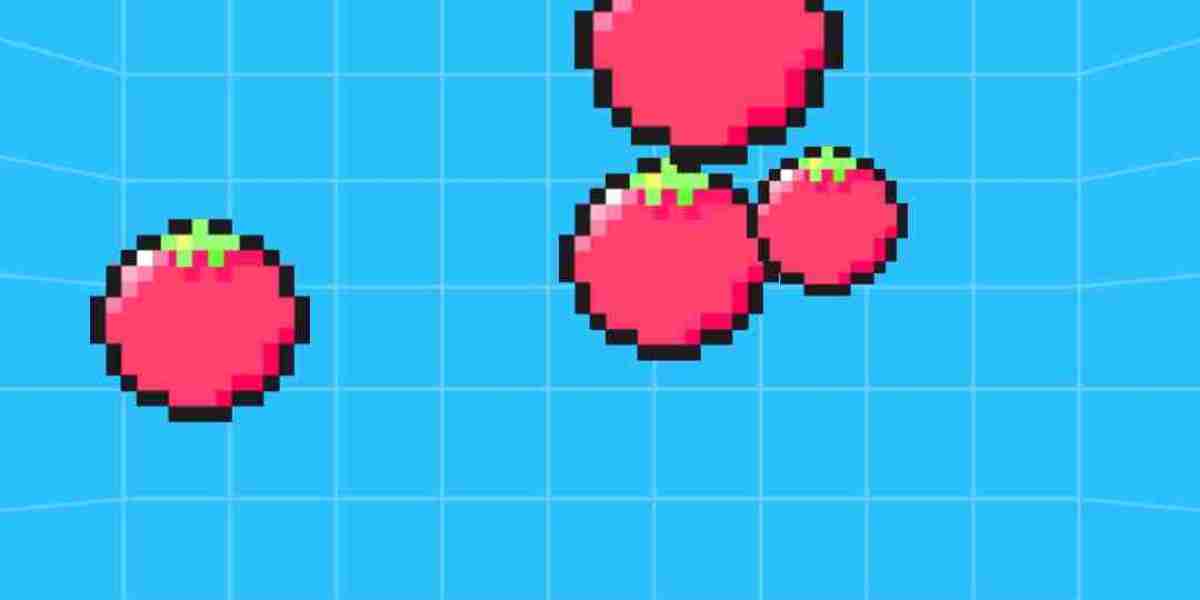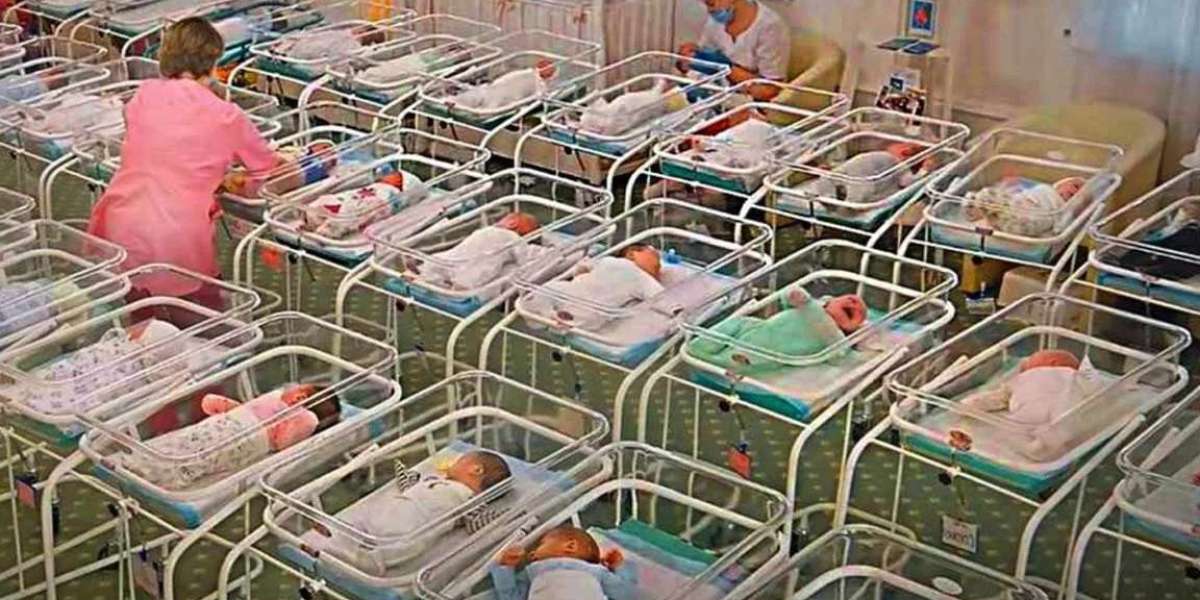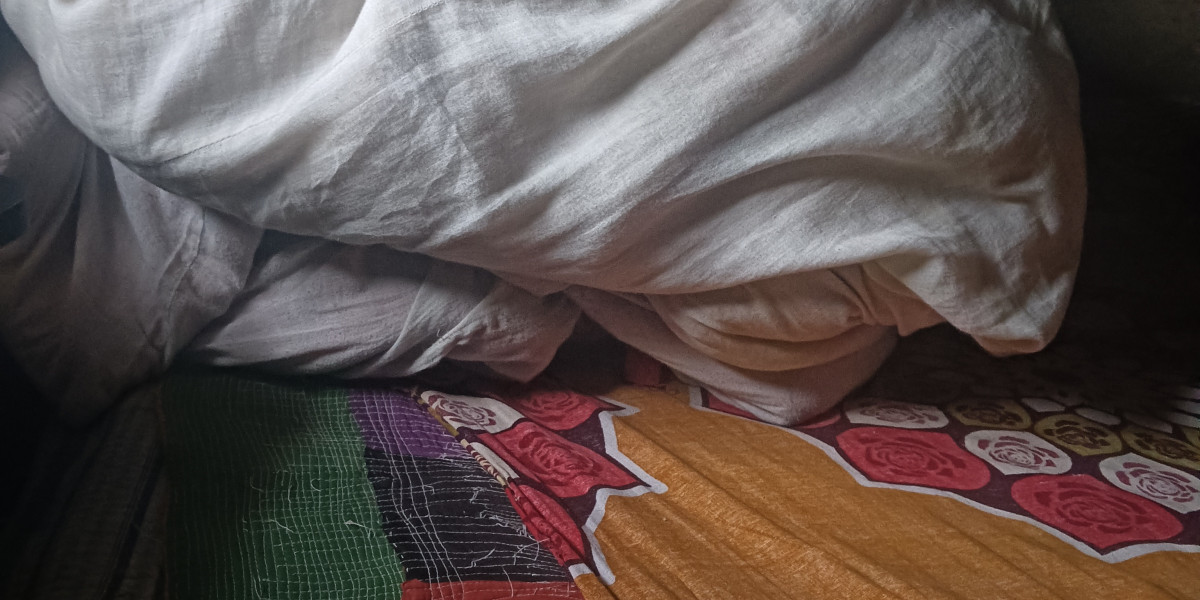Jumbangla Desk: Eco-friendly golden bags made of jute are coming to the market in January. Production will be five to seven tons per day. The inventor of this bag said that anyone can produce this bag even at the marginal level. And environmental researchers say, it is possible to meet the alternative needs of polythene with several traditional materials of rural and tribal people. It will add a new dimension to the cottage industry.
Bangladesh Jute Mills Corporation (BJMC) chief scientific officer Dr. Mubarak Ahmad Khan. The shopping bag was marketed experimentally in 2017. But after that the process got stuck due to various reasons. Golden bags are finally coming to the market.
Dr. BJMC chief scientific officer. Mubarak Ahmad Khan said that golden bags made of fine cellulose of jute look similar to conventional polythene. It is light-thin and durable. When burned, it turns into ash like paper and mixes with the ground. So there is no possibility of environmental pollution. This bag can be used multiple times. BJMC will bring this eco-friendly bag to the market next year. According to the inventor of the bag, it is possible to make five to seven tons of these commercial bags per day.
In addition to jute, bags can also be made from natural materials. It is possible to meet this demand with several traditional materials of rural and tribal people. Again, cloth is being produced with the fiber of the banana plant. From which waterproof bags can also be made.
Dean of Chemistry Department of Dhaka University. Abdus Salam said, there are small and ethnic groups in every district of Bangladesh and they can be encouraged to make such clothes. A number of options can be devised to increase their availability to humans. Only then will people move away from using polythene.
Secretary General of Environment and Social Development Organization (ESDO). Shahriar Hossain said that it was the youth who discovered that a type of cloth can be made by using the fibers of the banana tree. If its weave can be made thicker, a waterproof product can be made.
The phone will last 50 years on a single charge!
40 percent of the plastic bags used today are single-use. Researchers say, 12 out of 18 chemicals in these bags are highly toxic. Which is mixed in the blood and brain in the form of small particles. Enters the body of the newborn through the mother's breast milk.



















































